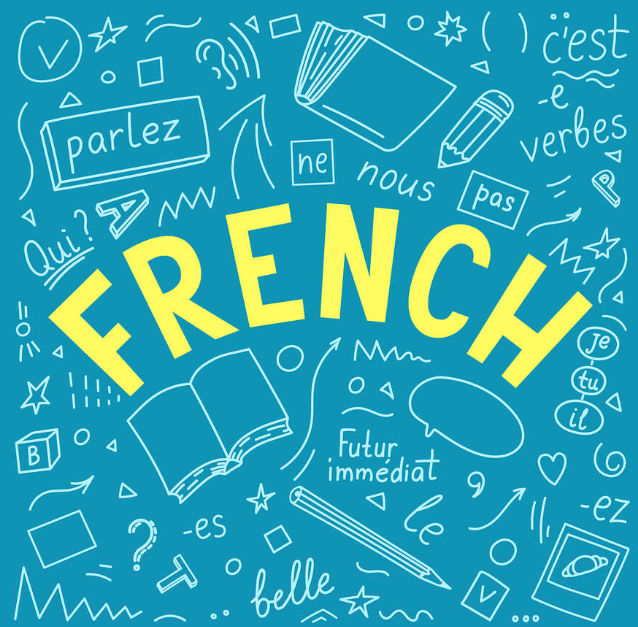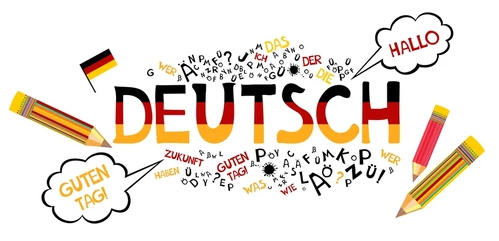Let’s explore Bhutan National Language. Language plays a vital role in shaping the identity and cultural heritage of a country. It serves as a means of communication, preserving traditions, and fostering a sense of belonging among its people. In the case of Bhutan, a small Himalayan kingdom known for its breathtaking landscapes and unique culture, the national language, Dzongkha, holds immense significance. In this article, we will delve into the intricacies of Dzongkha, exploring its origin, role in Bhutanese society, preservation efforts, impact on tourism, and more.
Bhutan, nestled in the eastern Himalayas, is a country renowned for its commitment to Gross National Happiness and sustainable development. With a population of approximately 800,000, this landlocked nation boasts a rich cultural heritage and is home to several ethnic groups. Central to Bhutan’s cultural fabric is its national language, Dzongkha.
Dzongkha: The Bhutan National Language
Origin and History
Dzongkha, the national language of Bhutan, belongs to the Tibeto-Burman language family. It evolved from Old Tibetan and shares linguistic similarities with other Himalayan languages. The word “Dzongkha” translates to “the language spoken in the dzongs” (fortresses), indicating its historical association with the centers of power in Bhutan.
Unique Characteristics
Dzongkha has its own distinct script, known as “Chhokey,” which is written from left to right. The language features several unique characteristics, including complex honorifics and a rich vocabulary that reflects the country’s deep spiritual and cultural traditions. Dzongkha’s phonetics and tonal system contribute to its melodic nature, making it a delight to listen to and learn.
Language Policy in Bhutan
Bhutan takes pride in its commitment to preserving its cultural heritage, including its national language. The government has implemented a language policy that promotes the use of Dzongkha as the medium of instruction in schools and as the language of administration. This policy aims to maintain the prominence of Dzongkha while also recognizing the importance of multilingualism in a globalized world and promoting the learning of English as a second language.
Bhutan National Language’s Role in Bhutanese Society
Education
Dzongkha holds a central position in Bhutan’s education system. It is taught as a subject in schools, ensuring that future generations have a strong foundation in their national language. The study of Dzongkha not only helps students develop language skills but also fosters a deep understanding of Bhutanese culture, literature, and history. Additionally, Dzongkha is used as the medium of instruction for various subjects, further reinforcing its significance in the education landscape.
Governance
Dzongkha plays a crucial role in the governance and administration of Bhutan. Official government documents, laws, and policies are primarily written in Dzongkha. It is the language used in parliamentary proceedings, allowing lawmakers to engage in meaningful discussions and debates. By maintaining Dzongkha as the language of governance, Bhutan ensures the preservation of its cultural values and traditions within the political sphere.
Culture and Identity
Dzongkha serves as a powerful tool for preserving Bhutan’s unique cultural heritage and fostering a sense of national identity. It is the language used in religious ceremonies, rituals, and traditional events. Bhutanese folklore, songs, and dances are enriched by the use of Dzongkha, as it carries the essence of Bhutanese identity and connects people to their ancestral roots. The language acts as a bridge between generations, passing down age-old traditions and values.
Challenges and Preservation Efforts for Bhutan National Language
Despite its significance, Dzongkha faces challenges in the modern era. The rapid spread of technology and globalization has introduced new languages and influences, impacting the usage and preservation of Dzongkha. The increasing dominance of English in the digital world poses a risk to the continued prominence of Dzongkha.
To address these challenges, Bhutan has undertaken various preservation efforts. The government has implemented policies to encourage the use of Dzongkha in digital platforms, ensuring its presence in the digital age. Efforts are also underway to develop digital resources, educational materials, and online dictionaries to support Dzongkha learning and usage. Additionally, cultural festivals and events are organized to celebrate and promote the richness of the language, creating awareness and fostering pride among the Bhutanese people.
Dzongkha’s Impact on Tourism
Dzongkha plays a significant role in Bhutan’s tourism industry. As travelers explore the country, they encounter the language in various forms, from street signs to cultural performances. Learning a few basic phrases in Dzongkha can enhance the travel experience and facilitate interactions with locals, showcasing a genuine interest in Bhutanese culture. Moreover, the use of Dzongkha in tourism materials and promotional content helps preserve and promote the language to a wider audience, ensuring its relevance and recognition on a global scale.
Dzongkha Learning Resources
For those interested in learning Dzongkha, numerous resources are available. The Dzongkha Development Commission, established by the government, provides language courses, textbooks, and online resources to facilitate Dzongkha learning. Additionally, language institutes, cultural centers, and universities offer programs and courses focused on Dzongkha and Bhutanese culture. These resources enable individuals to explore the beauty and depth of the language, connecting with the heart of Bhutanese society.
Conclusion
Dzongkha, the national language of Bhutan, is an integral part of the country’s identity, culture, and heritage. It plays a vital role in education, governance, and preserving Bhutanese traditions. Despite the challenges posed by globalization, Bhutan is committed to preserving and promoting Dzongkha through various initiatives. The language policy ensures its prominence in schools and government institutions, while cultural events and digital resources contribute to its preservation in the digital age.
Dzongkha not only serves practical purposes but also fosters a deep connection to Bhutanese identity. It is a language that carries the values, traditions, and spirituality of the nation. By learning and using Dzongkha, individuals can better understand the cultural nuances and engage with the local community on a more meaningful level.
In the realm of tourism, Dzongkha adds authenticity and depth to the travel experience in Bhutan. Travelers who make an effort to learn and use Dzongkha phrases can forge connections with the locals, gain insights into the country’s rich cultural heritage, and create lasting memories.
As the world becomes more interconnected, Bhutan’s commitment to preserving Dzongkha becomes crucial. Efforts to promote the language ensure that Bhutanese culture continues to thrive and be celebrated both within the country and beyond its borders.
FAQs
1. Is Dzongkha the only language spoken in Bhutan?
While Dzongkha is the national language, Bhutan is a multilingual country. There are several other languages spoken by different ethnic groups, such as Sharchopkha, Lhotshamkha, and others.
2. Can I learn Dzongkha even if I’m not from Bhutan?
Yes, Dzongkha learning resources are available for individuals interested in studying the language. Language institutes, cultural centers, and online platforms offer courses and materials for learners of all backgrounds.
3. Is English widely spoken in Bhutan?
English is taught in schools and is spoken by many Bhutanese, particularly those involved in the tourism industry and government sectors. It serves as a bridge language for communication with visitors and in international contexts.
4. Are there any similarities between Dzongkha and other languages?
Dzongkha belongs to the Tibeto-Burman language family and shares linguistic similarities with other Himalayan languages like Tibetan, Sikkimese, and Ladakhi.
5. Can I experience Dzongkha culture and traditions during my visit to Bhutan?
Absolutely! Bhutan offers numerous opportunities to immerse yourself in Dzongkha culture and traditions. From attending religious festivals to visiting monasteries and exploring traditional arts and crafts, you can witness the richness of Dzongkha heritage firsthand.
References:
- Dzongkha Development Commission. (n.d.). Retrieved from https://www.dzongkha.gov.bt/
- Royal Bhutanese Embassy. (n.d.). Retrieved from https://www.bhutanembassy.org/
- Thinley, J. (2014). Dzongkha and English: Language Policy and Medium of Instruction in Bhutan. South Asian Language Review, 24(2), 115-128.

